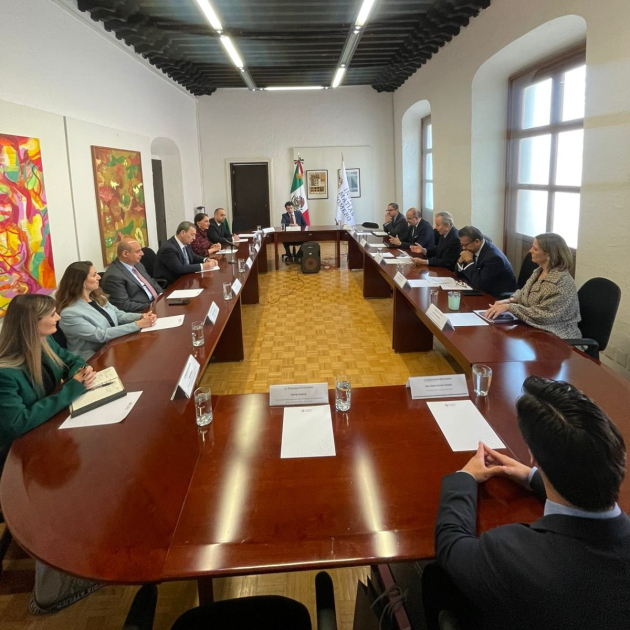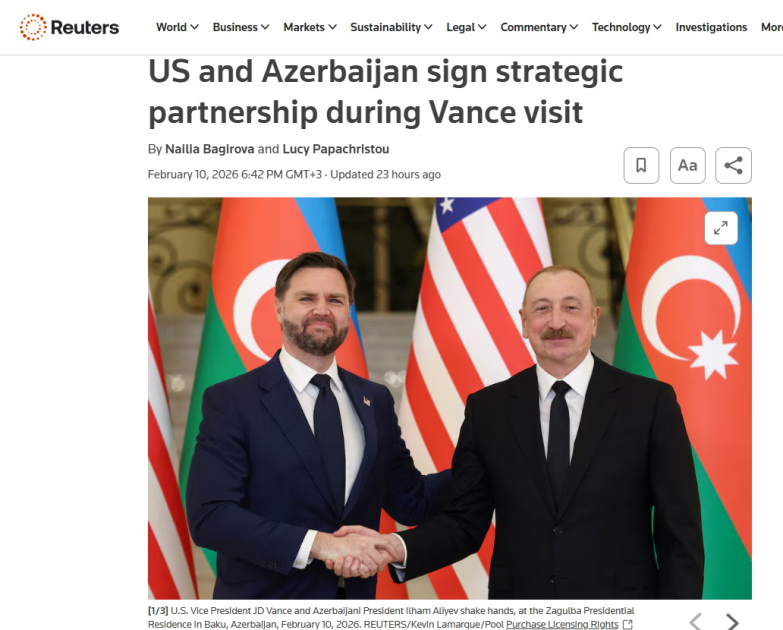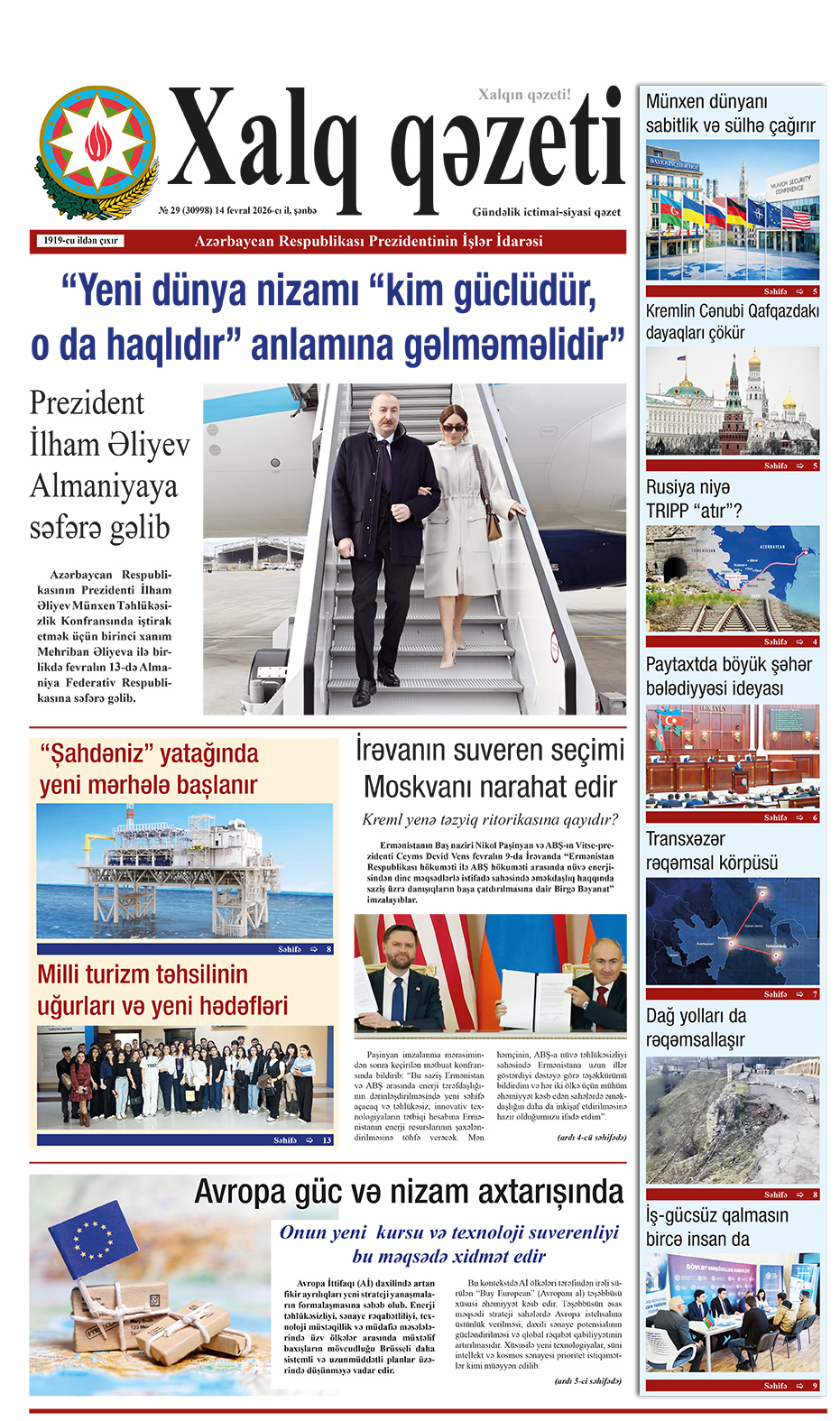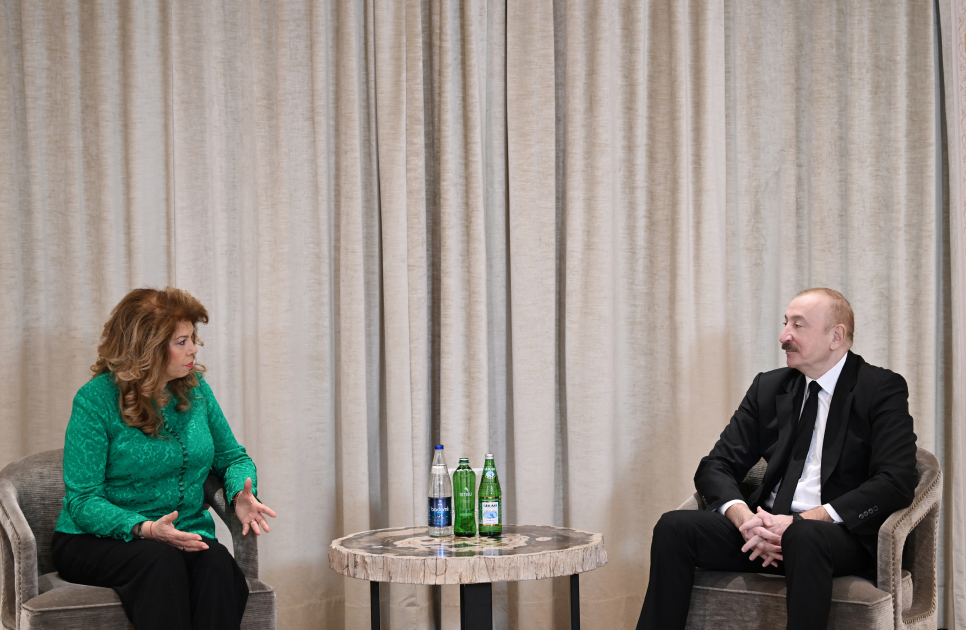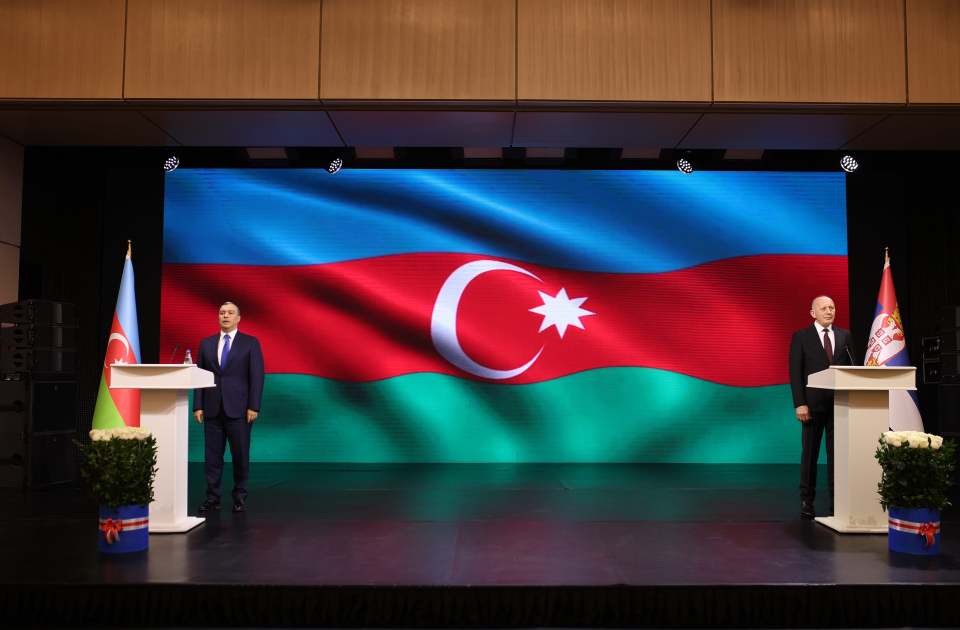"In some parts of the world, monkeys roam, and in Europe, the French roam, which is almost the same thing."
Arthur Schopenhauer
"O France! Why do you reject your friends?”
U. SHAKESPEARE
Part I
Experts explain France's activities in the South Caucasus from very different positions. A group that makes up the vast majority of them concludes that the country does not follow the rules of international law or the principle of justice. The French government, in fact, divides the South Caucasus into two geopolitical camps: the first, the francophone camp, and the second, the non-francophone camp. That is, official Paris forms its attitude towards regional states based on this division. Openly or covertly, unfair and unjust struggle is being waged against the states that do not conform to the ideal of Francophonie (in other words, "the French world") and are acting independently, and provocations of various nature are being committed.
Another group of experts believes that France should act in this way to ensure its interests. According to them, official Paris has the right to increase its geopolitical influence in the region. Experts belonging to another group treat France's activity in the region as a part of the Western policy as a whole, specifically, NATO and the European Union.
Based on this logic, one gets the impression that every move of official Paris is ultimately rooted in the service of the West. In the present case, the attempts of America, Great Britain and Germany to synchronize the South Caucasus policy with the policy of Paris are justified. So, in terms of attitude towards Azerbaijan, it is possible to see the alternating diplomatic and other activities of France, the United States, and Germany as fragments of a single scenario.
Experts point out that while France is slowing down, the US or Germany becoming more active does not change the general picture. Because Washington or Berlin expresses what the official Paris says in a slightly different form and context. After a certain period of time, France continues its non-constructive and geopolitically divisive policy in the South Caucasus as if nothing had happened. For example, threats came from the West as soon as the official Iravan expressed its positive attitude to holding discussions on the normalization of Azerbaijan-Armenia relations without a mediator. Washington and European capitals started new slanders against Azerbaijan. They came up with fabricated charges. In particular, Armenian patrons, including the official Paris, began to voice slander, which began with nonsense such as "If Azerbaijan violates the territorial integrity of Armenia...". The leadership of our country has repeatedly stated at the highest level that Baku does not need a war and that nobody has an eye on the territory of Azerbaijan. This is out of the question. Because Azerbaijan has passed the stage of liberating its lands by military means, and the result shows that it did not commit aggression against Armenia. Armenia still occupies several Azerbaijani villages. Their liberation is the natural right of Azerbaijan.
The essence of official Paris' attempts to intervene in the internal geopolitical dynamics of the South Caucasus shows that what we call the second and third groups of experts do not approach the issue objectively and in accordance with reality. That is, France does not claim its legitimate geopolitical interests, nor does it act as a part of the interests of NATO or the EU as a whole.
The "geopolitical bias" of official Paris in the South Caucasus depends on the content of its policies in Turkey, Iran and Russia in a wider area. France is increasingly trying to hinder Turkey's success in becoming a world power with complete jealousy and in a way that does not befit the NATO alliance. Even, a number of observers emphasize the existence of the Macron-Erdoğan struggle, as well as form the image of Macron as a "little man" trying to tear the hand of the great Erdogan. In fact, of course, it is not. Reflecting on the behind-the-scenes aspects of France's behavior, one realizes that the reach of official Paris reaches deep and wide. In addition, he has hidden supporters who are also very powerful. E. Macron does not keep silent because of this and sometimes he is very capricious. We will analyze them further. For now, let's focus on France's bias in the South Caucasus in the context of Turkey's policy.
France has repeatedly demonstrated that it cannot digest Turkey's policies in the Mediterranean Sea, Africa, the South Caucasus and Central Asia. This bias is more pronounced in Libya and the South Caucasus. The Turkish army skilfully stopped the military attack of the French on the coast of Libya. It is known that if France had not retreated, it would have suffered great losses. At the same time, Ankara managed to "tell something" to Macron by launching diplomacy - through NATO. After that, France calmed down and realized that it could not resist Turkish influence in the Mediterranean and North Africa.
Another area of struggle between the parties is Africa. The political-diplomatic war is still going on there. One after the other, French diplomacy is losing its geopolitical influence in Africa and is forced to minimize its military presence. Africans are openly demanding that France leave the continent. For example, Somalia, Niger and other countries, various African organizations declare this. Therefore, in Africa, France cannot stand against Turkey and Russia, and retreats.
Perhaps it is for these reasons that France, figuratively speaking, gnashes its teeth at the South Caucasus. Official Paris is directly trying to gain an advantage in the process of normalization of Azerbaijan-Armenia relations. However, Azerbaijan has repeatedly declared that France cannot act as a mediator, and the activities of Paris in this direction have been completely blocked. Against this background, France arms Armenia and drags it into various political provocations. Official Paris even threatens the Armenian sisters. Such a situation occurs after some Armenian official talks about direct negotiations with Baku.
These show that there is a connection between the content, purpose and political essence of France's Turkish policy and its pro-Armenian position in the South Caucasus. It is a fragment of systemic geopolitical, political and diplomatic activity on a larger scale. We can come to the same conclusion in the background of Paris's Russia and Iran policy. If France's goal is to push Russia out of the South Caucasus, it cannot achieve this by taking an unfair position against Azerbaijan and defending an aggressive, non-constructive Armenia. Because each state has its own interests, so does the concept of historical justice.
In addition, France is not strong enough to stand up to the right Azerbaijan-Turkey tandem. Real processes also prove this. So, the official Paris, in fact, "shot" in the geopolitical aspect is wasted. Of course, there is another side to the matter.
Sheikh Nasrullah of the "Dead Empire".
May God have mercy on Mirza Fatali Akhundzade and Jalil Mammadguluzade! Mastali Shah and Sheikh Nasrullah were not French, but it is precisely to create an internal connection between the bombing of Paris and the resurrection of the dead, to create a false "miracle". Let's admit that the "story" of Dervish Mastali Shah and Sheikh Nasrullah has nothing to do with current geopolitics. However, in terms of plot, it is similar to Macron-Pashinyan joint activity. The difference is that now the Frenchman's cheating partner is not a Muslim.
E. Macron also fell in love with being Sheikh Nasrullah of the dead empire. He tried to revive the French empire in Africa and the South Caucasus. From this point of view, Sheikh Nasrullah was busy with small things! The reality is that everyone in Africa is teaching Macron a lesson and making him understand that resurrecting a dead empire is not in line with the character, essence, and functional features of the modern era. Also, this is an old "song". Those who talk about globalization cannot restore the imperialist thinking that is its enemy. This could cause an explosion on Earth.
Therefore, if France decides to increase its geopolitical influence in the regions by restoring its evil imperial intentions, it is going to the abyss. First of all, official Paris should understand that in the South Caucasus there were not a few who tried to behave like an empire. Even now, American, Russian, Iranian, and Chinese imperialism is trying to show itself. However, none of them can achieve this both separately and in a fight with each other. It can be said that, except for France, there is no one left in the region who wants to be an "influential imperialist". It is possible that they have made their policies masked and hidden. However, it also seems that the general nature of the post-war stage created by Azerbaijan on a regional scale as a result of the 44-day war prevents imperialism from being valid in some form. In this regard, Baku also sends a clear message to those who want to be a "big brother": This will not happen anymore! That is, it is possible to proceed with Azerbaijan only as an equal partner. And the condition is set directly by our country, not foreign capitals!
It seems that France either does not want to understand this, or lacks the will and moral strength to make it clear that it understands. In any case, a number of behaviors of the country indicate its imperialist ambitions. For example, "Bastion" sells to Armenia. It sends its soldiers to Armenia under the name of the civilian mission of the European Union. He threatens Baku with the use of force. At the same time, he openly declares that it is necessary to remove Russia from the region.
A blow to France's own economic and cultural interests
There is zero possibility that France can gain some geopolitical influence in the South Caucasus with intentions. Even, the imperial way seriously damages the natural economic and cultural interests of Paris. Experience shows that these interests are more in the direction of the South Caucasus. In the "deal of the century", French companies were not at all in the last place. "Total" had a fairly substantial share. Azerbaijan could respond positively to France's interests in each type of energy.
Apart from these, France, as a developed country, could do a lot of things together with Azerbaijan regarding information technologies, new means of communication and cooperation in space. It is no coincidence that several satellites of Azerbaijan were developed in France. Also, cooperation with the advanced civil aviation industry of France was possible.
Moreover, in addition to the economic field, French officials remained "French" in dialogue and cooperation with Azerbaijan in the cultural aspect. The disrespect for a cultural monument in a European country says it all. How successful can Paris be in the South Caucasus with this "baggage"? Maybe there are hidden, invisible aspects of the matter? What "underground organization" could be involved?
The questions are not asked in the aspect of hinting at conspiracy (Latin conspiratio - "secret deal", "keeping a certain activity secret", "principle of secrecy", "illegality"). But there may be a conspiratorial element here. Specifically, it is possible to use conspiracy methods to keep the activity of an illegal organization secret. The question is not rhetorical and is not asked for the sake of some conspiracy theory. There are a number of sobering facts. They should be analyzed separately.
(to be continued)
Fuzuli GURBANOV,
XQ's analyst,
Doctor of Philosophy


.jpg)

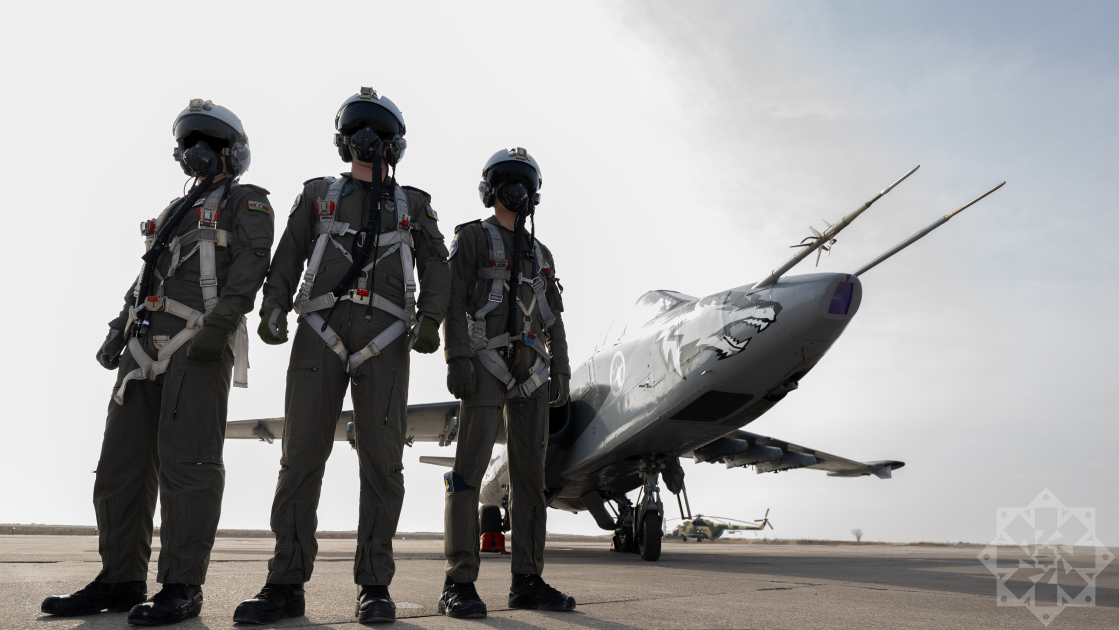
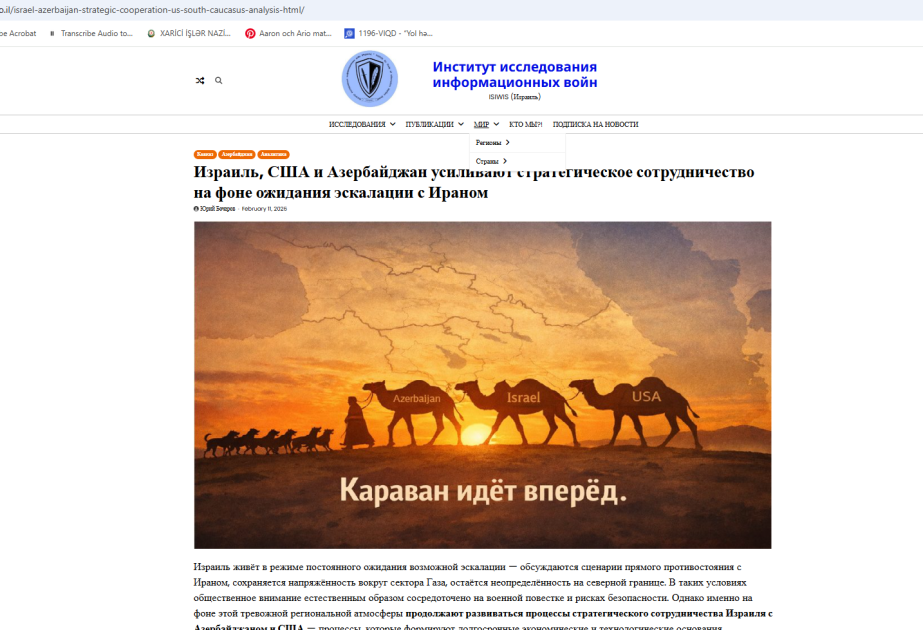
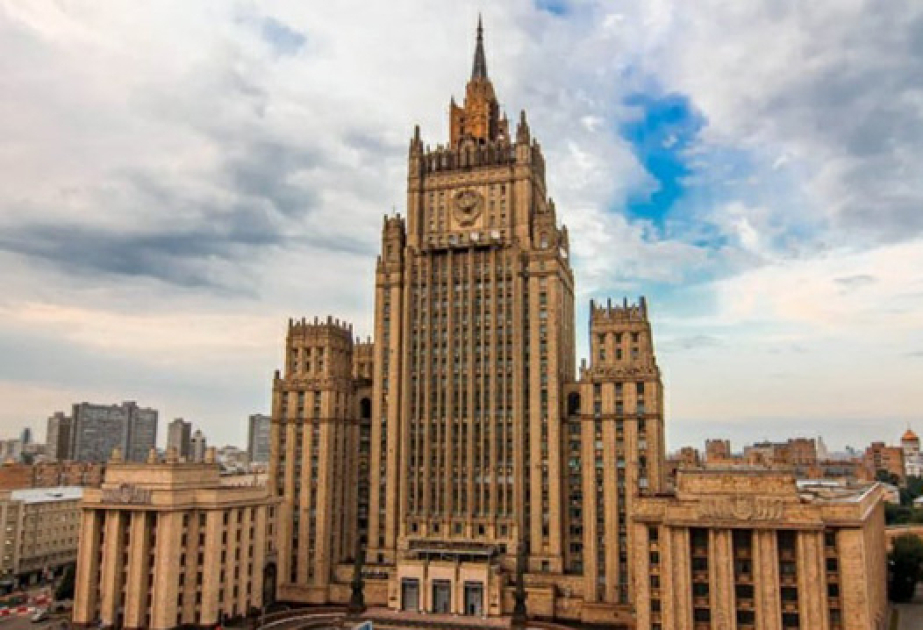
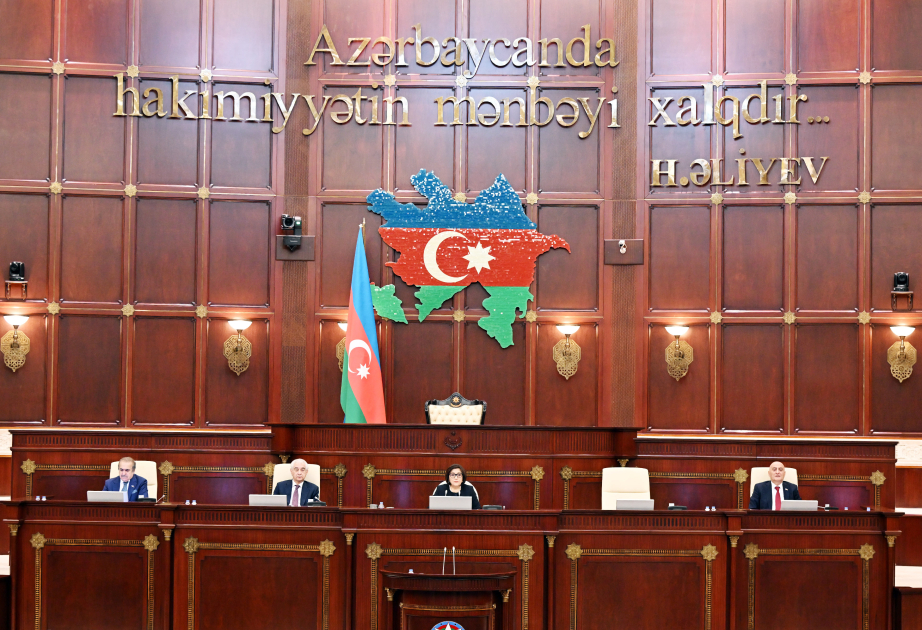
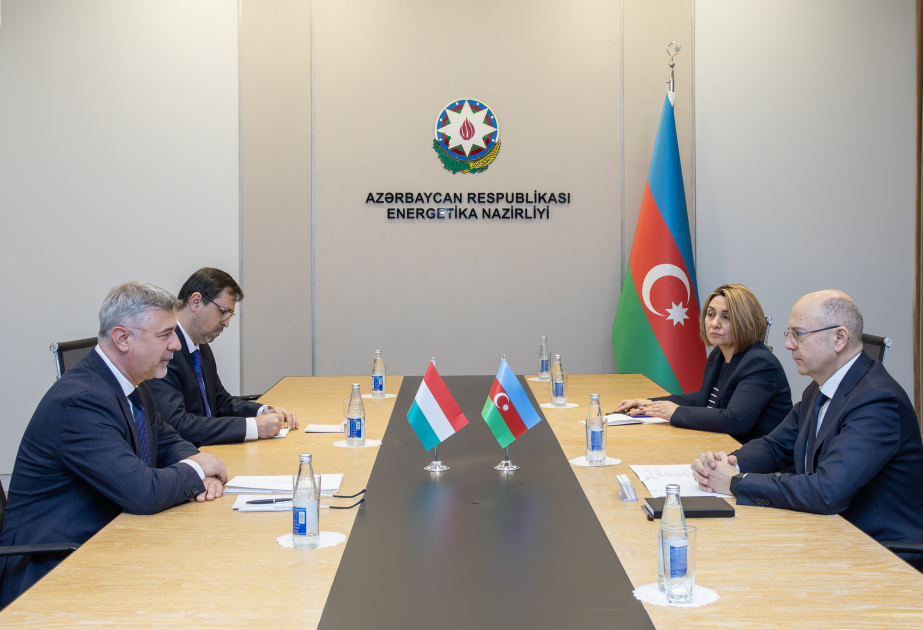
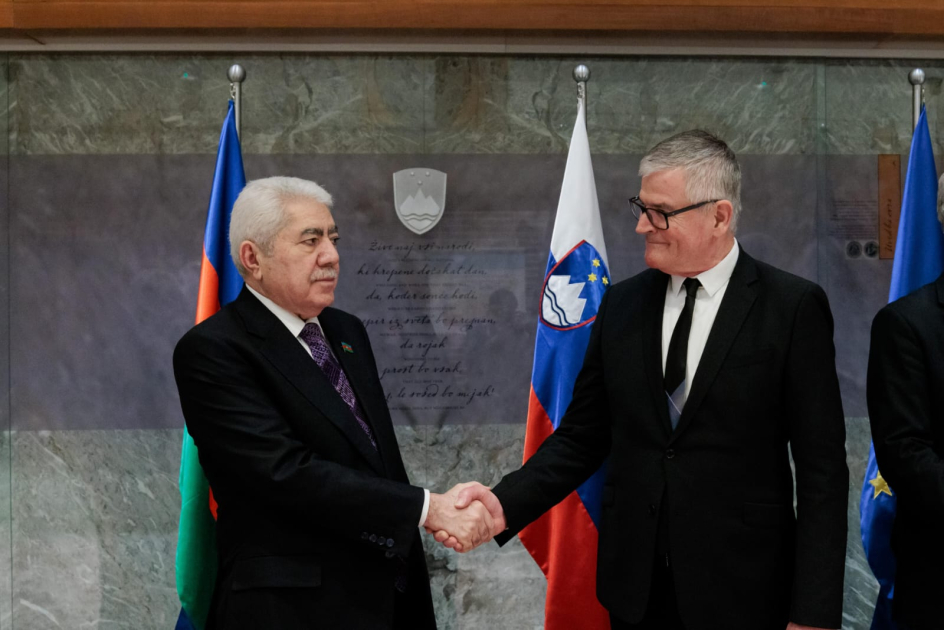
.png)
